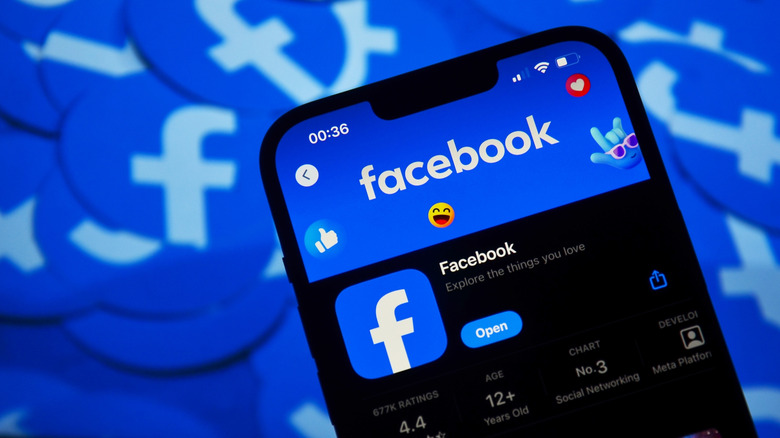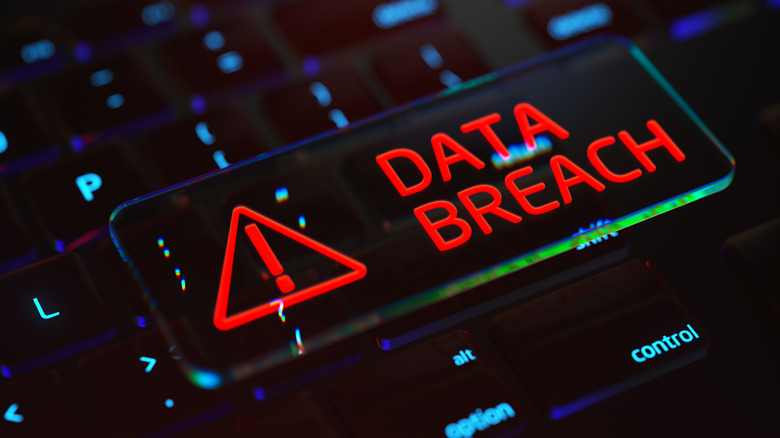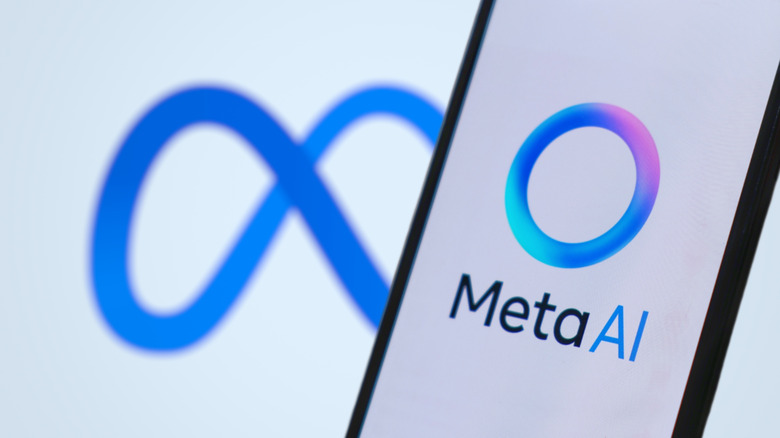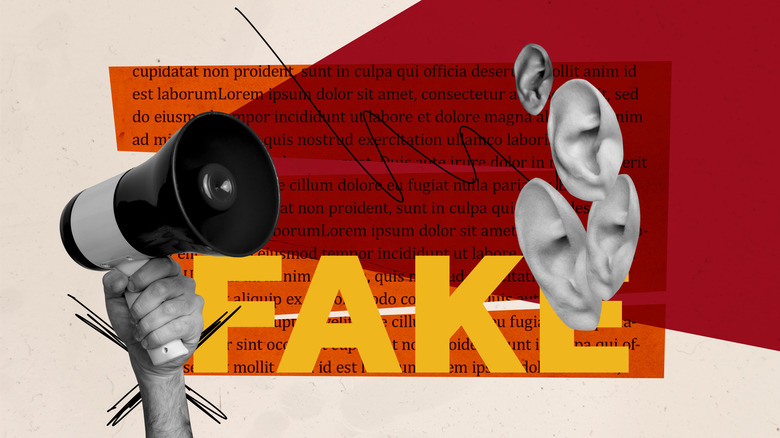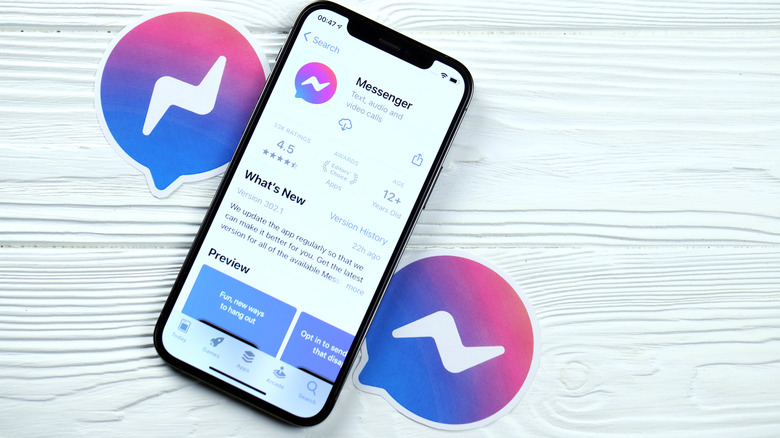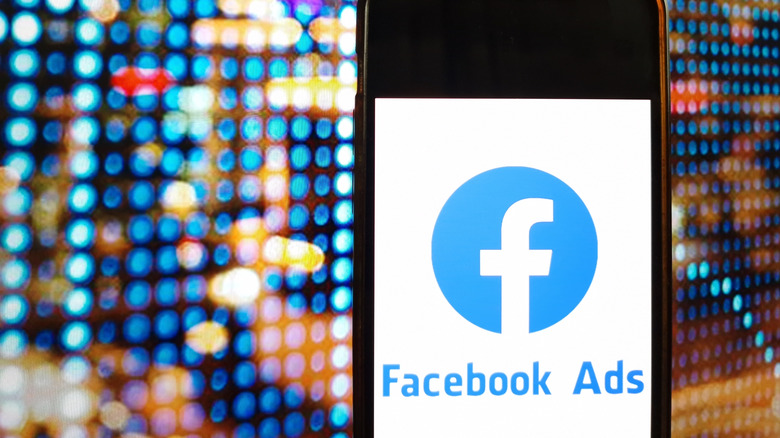5 Reasons To Delete Your Facebook Account ASAP
Facebook enjoyed its fair share of popularity back in the early 2000s, when there were limited online platforms where one could hang out and socialize. There was Yahoo Messenger, Skype, MySpace, and of course, Facebook. Everyone was spending hours and hours on these sites, chatting, sharing posts, tending virtual farms, poking friends, and otherwise becoming slowly addicted to the new phenomenon of social media.
As time progressed, the site grew into a hub for propaganda, misinformation, security breaches, and identity theft cases that remain unaccounted for. Facebook Support is considered ineffective, unresponsive, and unhelpful to many users, including those who decide to file a complaint with them. Not even the most serious offenses seem to violate community guidelines. We are here to give you all the more reasons to delete, not just deactivate, your Facebook account as soon as possible. Once you know the risks, you may have a new opinion about remaining active on Facebook.
Recurring data breaches
Facebook is one of the platforms that has frequently fallen victim to data breaches, exposing the personal information of millions of users to third parties. The data is then misused by hackers for fraud and online crimes. One such example that gained worldwide attention was the Cambridge Analytica-Facebook Scandal of 2018, during which the data of about 87 million Facebook users was stolen to identify the user profiles matching a certain motive and use them for a greater political agenda.
The Guardian reported that Christopher Wylie (one of the individuals involved in obtaining the data) admitted, "We exploited Facebook to harvest millions of people's profiles. And built models to exploit what we knew about them and target their inner demons. That was the basis the entire company was built on." After severe criticism, Facebook said that it will inform everyone whose data has been misused in the scandal.
In 2021, it became the center of another controversy when the Irish Data Protection Commission became aware of a data breach, exposing the data of 533 million users on a hacking forum. Consequently, it has become evident that the data on social media sites, specifically Facebook, is not safe. Anything you upload, from the tiniest of achievements to a major life update, can be misused by those lurking in the dark to mint money off your information.
Usage of personal data to train AI
Meta hasn't even tried to hide the fact that it has been using public data of Facebook users to train the LLM (large language model) that feeds information to its AI assistant, Meta AI. Nick Clegg, Meta's President of Global Affairs, admitted in 2023 to Reuters: "We've tried to exclude datasets that have a heavy preponderance of personal information ... the 'vast majority' of the data used by Meta for training was publicly available." It was further announced in 2025 that all the public interactions of European users on Meta platforms, along with their communication with the Meta AI, will be used to train the AI model in order to enhance the helpfulness of its responses and to make it smarter.
Whatever the reason, using anyone's personal data without their consent is a crime. For instance, the California Consumer Privacy Act gives consumers the right to know what personal information a business collects and to whom it is sold, plus the right to delete any collected data and to opt out of the sale of personal information at any point they wish. Forced misuse of personal data in this way has faced widespread backlash from users, with many choosing to delete their profiles to protect their information.
Spread of unverified, fake information
With the increasing number of users on social media platforms comes a storm of misinformation and false news. Facebook has been increasingly used to spark hate and violence among people belonging to different groups. What's surprising is that Facebook itself admitted that the platform was used to 'incite offline violence' in Myanmar. All this has major consequences for the user.
The American Psychological Association warns that misinformation on social media platforms is risky to individual health and societal well-being since it can have an adverse impact on mental health. Instead of making stricter policies to regulate fake news, Meta announced that the company was scrapping its fact-checking system as part of an effort to update content moderation policies. Although the move was framed as a way to tackle bias among independent fact-checkers, it is publicly seen as a way to spread more misinformation among the audience to influence social and public opinion.
Meanwhile, it is also said that the move comes as a result of censoring content that doesn't promote a certain political agenda. After the announcement went public, the Google searches relating to deleting Facebook accounts and data soared by a huge margin. Lenient content moderation policies and ineffective support have led Facebook to become a hub for hate speech, with users growing tired of these nuisances.
Increasing hacks and a lack of official support
Every other day, we come across news that someone's Facebook account has been hacked, and a lot of times, it's our friends and acquaintances falling victim to such crimes. Even the most innocent of moves, like clicking on links, can make people fall into the trap of scams and hacks. In addition, there has been another viral scam increasing rapidly on Facebook Messenger where the hacker tries to impersonate a friend or relative by misusing their picture and data as a way to secure personal information. Although setting up two-factor authorization is a good way to protect your account, it can still be vulnerable to such scams and other forms of data theft.
Nicola Marcus, editor and science writer, wrote at The Guardian, "With no access to Facebook's administrators, who by any ethical standards could and should support their users, I am part of a faceless ocean of millions with no worth beyond that of an advertising market. Individual fates or lost business don't matter a jot." She encountered the same hacking trouble, with the Facebook Support being of no help, of course! A good way to protect yourself from such online scams is to delete your Facebook account, along with all the data present on your profile — forever. Meanwhile, also ensure that you remove your account from any device that is not in use as a precautionary measure.
Useless content and annoying ads
It's 2025, and ads are everywhere! In both the offline and online worlds, we are constantly bombarded with an endless array of marketing tactics, compelling us to spend more and more on unnecessary purchases by framing them as the next big thing. We often find ourselves lost in the sea of irrelevant ads that don't even make sense.
Users go to these online social platforms to find out what's new and up in the world, besides keeping in touch with friends and family. Intrusive ad breaks in the middle of scrolling videos really divert your mind from what you were watching, forcing you to leave the platform immediately instead of waiting long minutes for the ad to end.
Moreover, the personalized ads come straight out of your activity and interactions on the platform with different services and products. You search for something, like handbags, and boom, your feed will be flooded with ads for handbags. Meta backs the personalization of ads by claiming that it "helps people discover products and services that match their needs." However, not everyone is comfortable sharing their activity with the company, so head to the Settings and disable this by turning off the 'Activity information from ad partners' option in the Ad Preferences tab. Or better yet, delete your account entirely.
